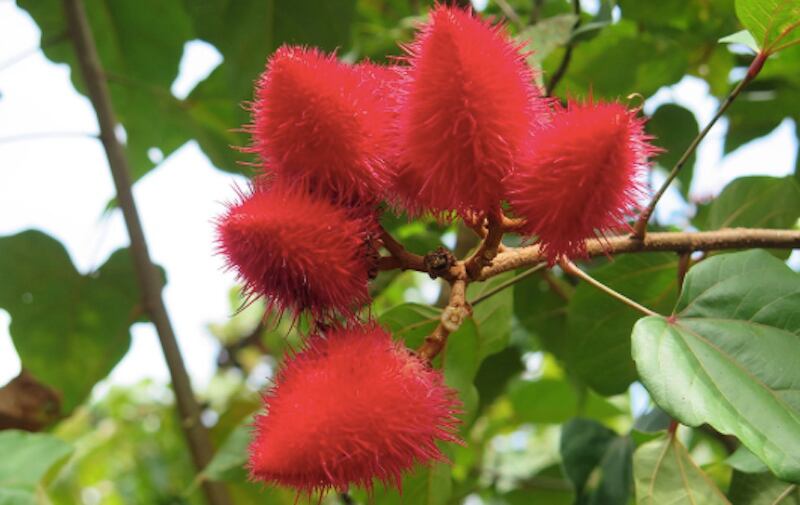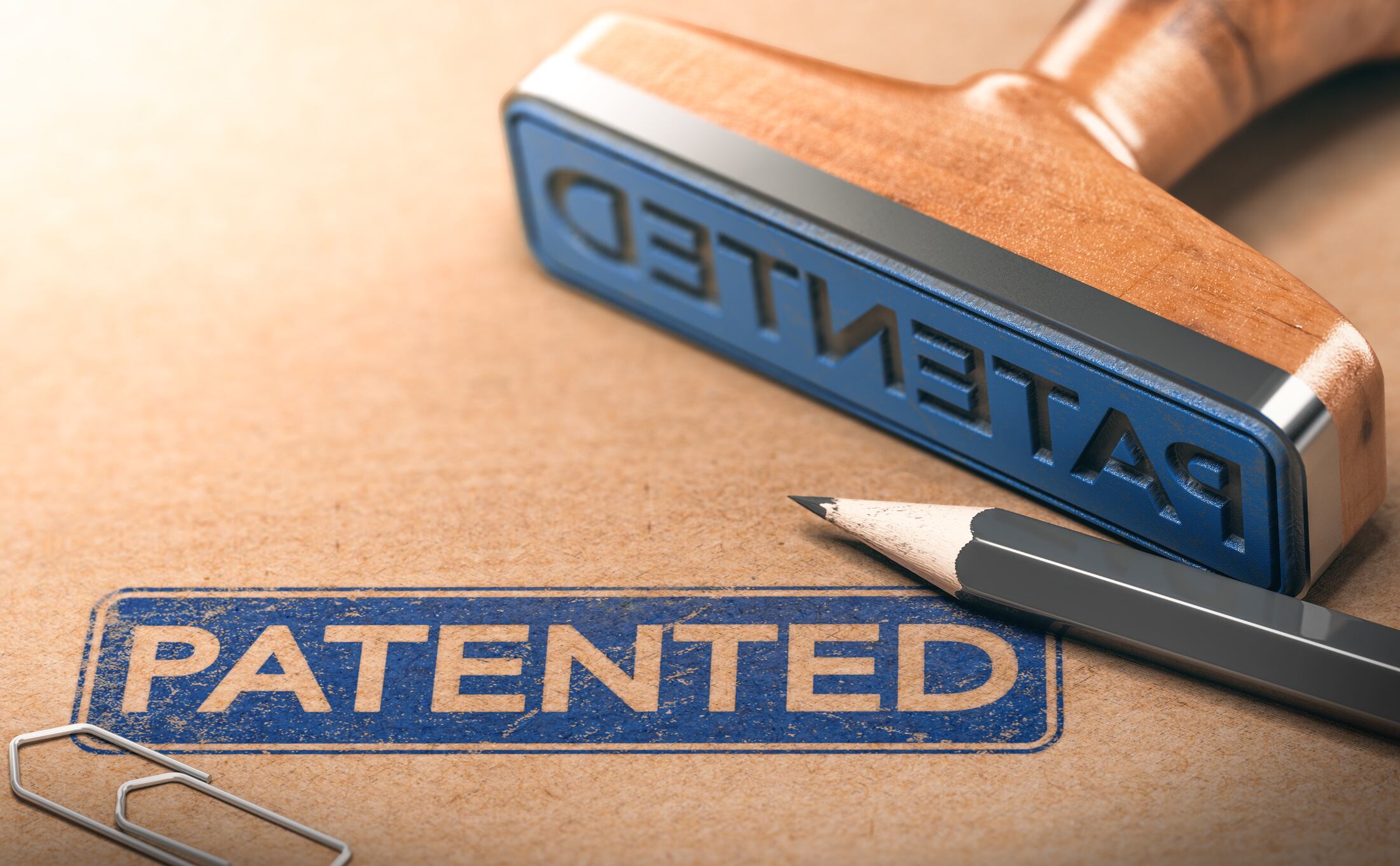The suit, which pits Natural Alternatives International Inc., based in Carlsbad, CA, against Scott City, MO-based Creative Compounds, concerns several of NAI’s patents on its beta alanine dipeptide ingredient branded as CarnoSyn. The patents were invalidated in an earlier court ruling in San Diego, which is now on appeal. Oral arguments in the appeal took place on Jan. 7.
Kevin Bell, of the firm Porzio Bromberg and Newman, was one of the attorneys representing NAI in the case. He said the implication of the case extends beyond what NAI’s ingredient is and what it does and whether that biological activity is patentable. If the ruling stands, it could make it difficult to defend many of the patents in the industry, he said.
Alice, Mayo and Myriad
The case hinges on some precedents in US patent law that have been reverberating through the sector for the past several years. The precedents are known by the names of some of the parties involved: Alice, Mayo and Myriad. These decisions resulted in new judicial ‘tests’ to be applied in future patent cases. The tests are complex and have proven to be difficult for lower courts to apply uniformly. The full implications of these decisions are still a matter of debate, but the consensus is that they have weakened patent protection in the US.
“The Supreme Court has issue some opinions over the past five or six years relating to patent eligibility that have been applied many different ways through the district courts,” Bell told NutraIngredients-USA. “It has certainly changed the landscape of patent law.”
The judge in the original case applied one of these tests in an attempt to determine whether beta alanine supplementation, which according to NAI’s patents boosts carnosine levels in muscle tissue, gives rise to a ‘natural’ process within the body. If the answer to that question is yes, then the process in not patentable. To put it in overly simplified terms, a patent on a food ingredient for its ability to stimulate digestion would be invalid if this were based solely on the idea that once you ingest it, digestion begins.
NAI patents invalidated
The judge ruled that a rise in carnosine is a ‘natural’ result of higher beta alanine levels, making NAI’s patents invalid. NAI argued, unsuccessfully at that time, that its process of formulating its beta alanine as a dipeptide with histidine and supplementing in that form is what allows muscle tissue to rise above the carnosine homeostasis level and accumulate higher amounts of this beneficial compound. Thus, Carnosyn supplementation creates an ‘unnatural’ (and therefore patentable) situation in the muscle tissue.
“The judge in the initial case ruled that beta alanine was just an amino acid and therefore was something that was not patentable. The judge essentially ruled that you take beta alanine and it just does what it does in the body,” Bell said.
Viewing claims as a whole
Two amicus briefs have been filed in the case. One came from the trade group Biotechnology Innovation Organization, the other from an interested group of law scholars. Both briefs urged the appeals court to reverse the lower court ruling and uphold the patents. The briefs argued, as did NAI, that the patent claims ought to be viewed in toto, rather than judging them by picking out pieces thereof that might be viewed as not patentable, such as the fact that beta alanine is a naturally occurring amino acid and carnosine is naturally synthesized by and is present in muscle tissue.
“Unfortunately, courts have applied the two-step 'Mayo/Alice test’ from the Supreme Court’s recent § 101 cases in an unbalanced and legally improper manner. See Alice Corp. Pty. v. CLS Bank Int’l, 134 S. Ct. 2347 (2014); Mayo, 566 U.S. at 66. These practices of the inferior courts include dissecting claims into particular elements and then construing these elements in highly generalized terms with no evidentiary support. Thus, as happened in this case, a district court all too often merely asserts a conclusory finding that the claim—actually, specific elements dissected out of the claim as a whole—covers ineligible laws of nature or natural products to conclude that a patented invention is ineligible,” the law scholars brief asserts.
“There is a lot of concern about these tests in the pharmaceutical industry, because of lot of the raw material comes from natural sources,” Bell said.
“The concern we have for dietary supplements is that if this judicial test was to be applied that broadly and generally it would have an almost catastrophic effect on patents in this industry. There would certainly be no reason to fund research in the natural products space if this holds,” he said.
A ruling on the case could come at any time in the next six months or so, Bell said. Creative Compounds did not respond to a request for comment in time for the publication of this article.




